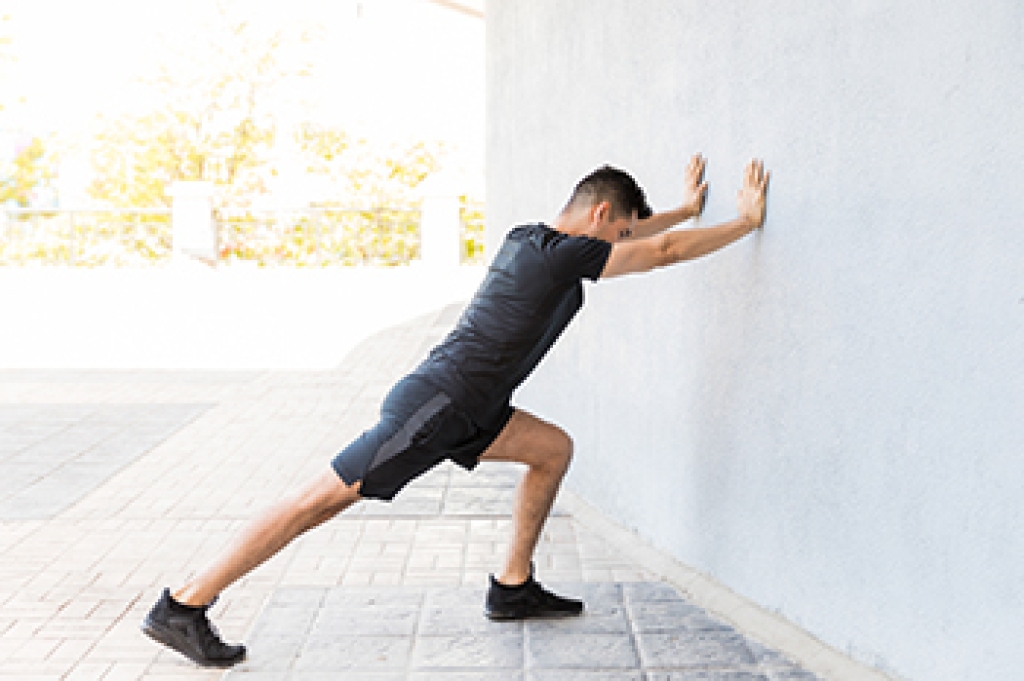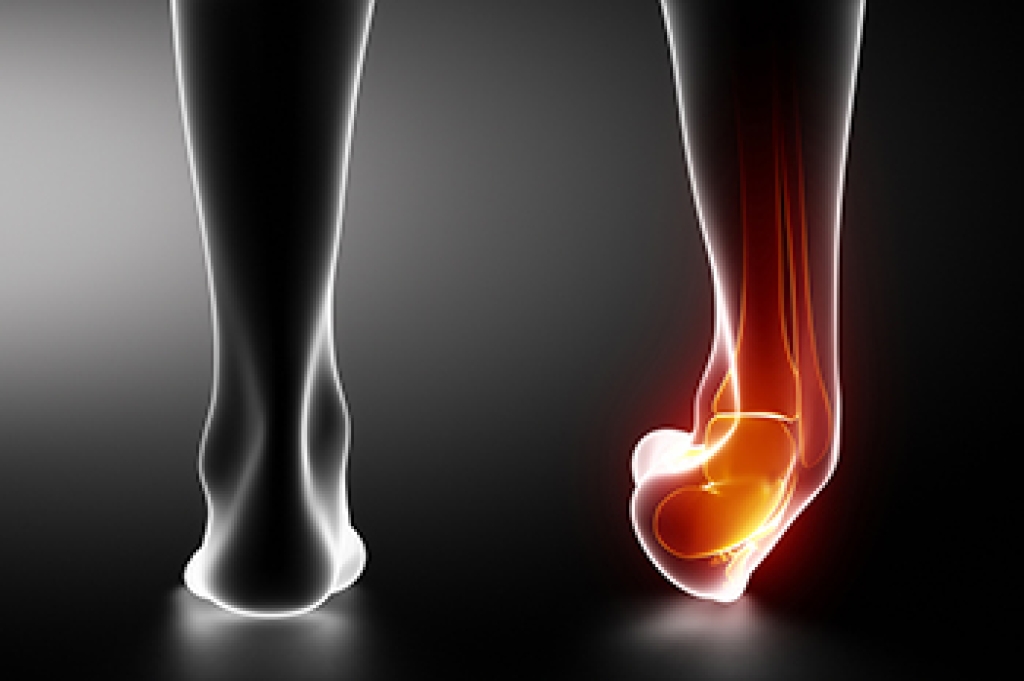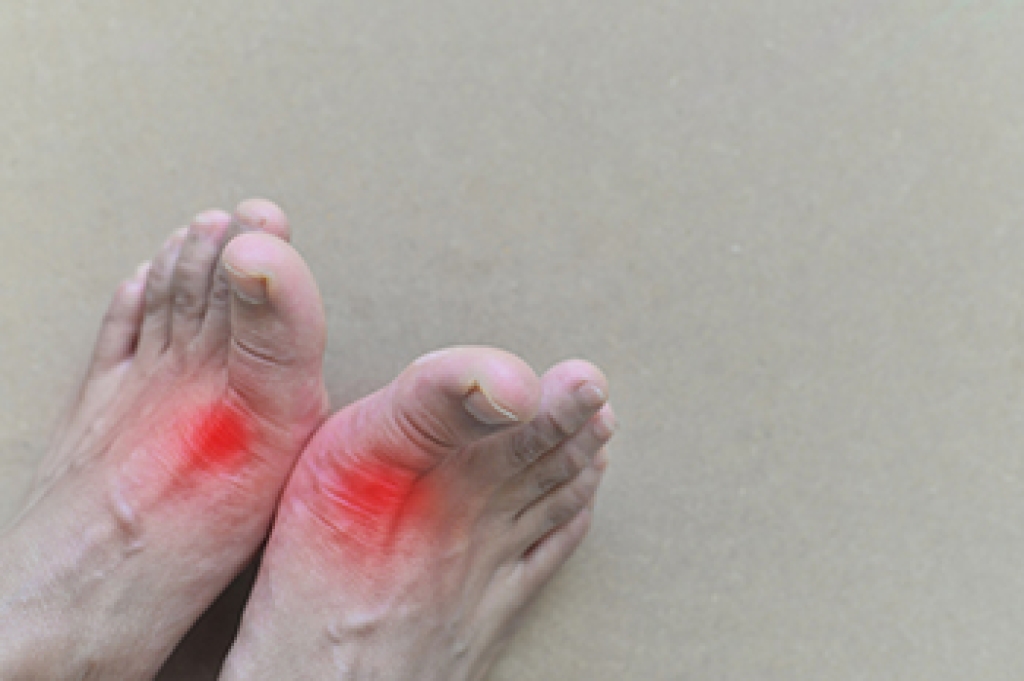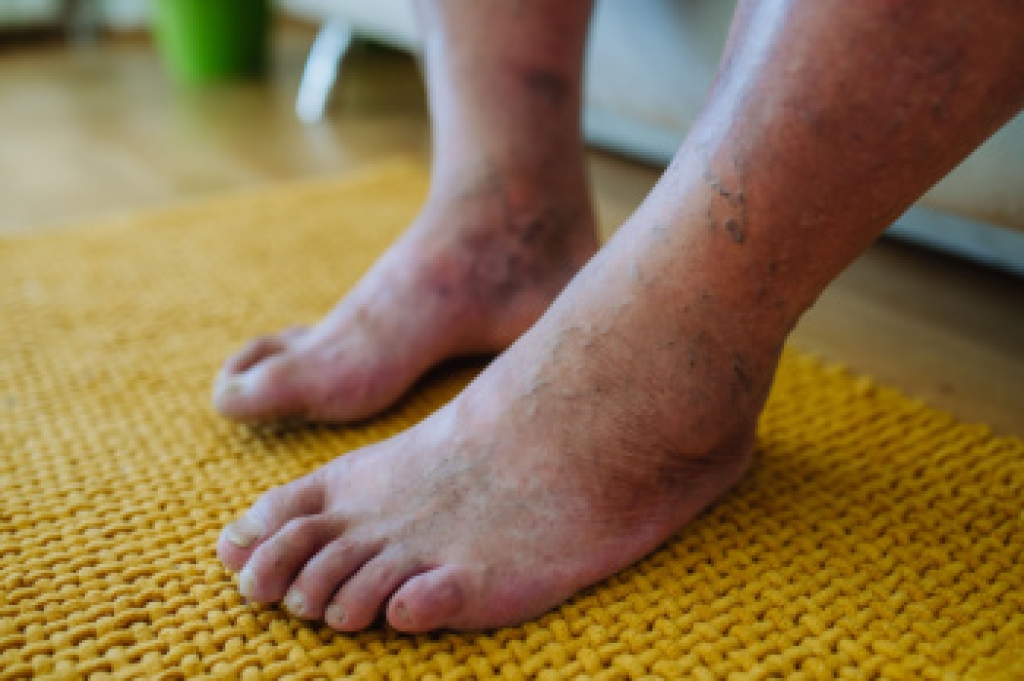
Peroneal tendinitis involves irritation of the two peroneal tendons that run behind the outer ankle and attach to the side of the foot. This irritation, which develops from repeated strain, is common among runners and endurance athletes. When the peroneal tendons become irritated, the outer foot and ankle can feel sore and stiff. Gentle stretching helps maintain motion while reducing tightness in the surrounding tissues. A towel stretch, a standing calf stretch, and controlled inward and outward foot movements keep the ankle flexible and support healthier tendon function. These stretches also help reduce pressure on the tendons and improve comfort as the foot heals. With proper rest and conservative management, this condition often improves without surgery, but guidance is helpful. A podiatrist can explain which stretches are safe and recommend further care. If you are experiencing symptoms of peroneal tendinitis, it is suggested that you make an appointment with a podiatrist for a diagnosis and treatment.
Why Stretching Is Important for Your Feet
Stretching the feet is a great way to prevent injuries. If you have any concerns with your feet consult with one of our podiatrists from APEX Foot & Ankle Center. Our doctors will assess your condition and provide you with quality foot and ankle treatment.
Stretching the Feet
Stretching the muscles in the foot is an important part in any physical activity. Feet that are tight can lead to less flexibility and make you more prone to injury. One of the most common forms of foot pain, plantar fasciitis, can be stretched out to help ease the pain. Stretching can not only ease pain from plantar fasciitis but also prevent it as well. However, it is important to see a podiatrist first to determine if stretching is right for you. Podiatrists can also recommend other ways to stretch your feet. Once you know whether stretching is right for you, here are some excellent stretches you can do.
- Using a foam roller or any cylindrical object (a water bottle or soda can will do), roll the object under your foot back and forth. You should also exert pressure on the object. Be sure to do this to both feet for a minute. Do this exercise three times each.
- Similar to the previous exercise, take a ball, such as a tennis ball, and roll it under your foot while seated and exert pressure on it.
- Grab a resistance band or towel and take a seat. If you are using a towel, fold it length wise. Next put either one between the ball of your foot and heel and pull with both hands on each side towards you. Hold this for 15 seconds and then switch feet. Do this three times for each foot.
- Finally hold your big toe while crossing one leg over the other. Pull the toe towards you and hold for 15 seconds. Once again do this three times per foot.
It is best to go easy when first stretching your foot and work your way up. If your foot starts hurting, stop exercising to ice and rest the foot. It is advised that you then see a podiatrist for help.
If you have any questions please contact our offices located in Fort Myers, Shellpoint, and Naples, FL . We offer the newest diagnostic and treatment technologies for all your foot and ankle needs.



